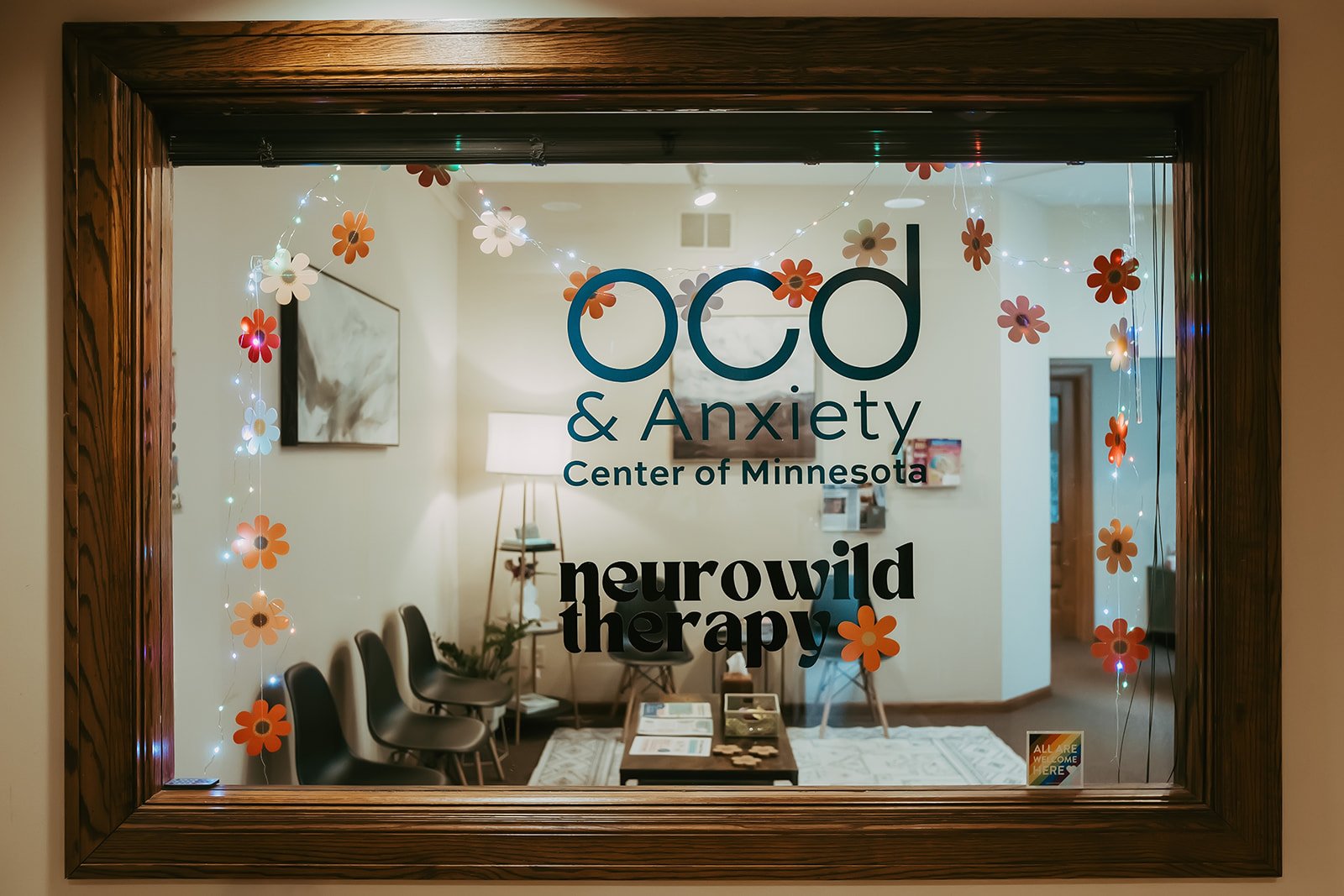Section Styles full-width overflow-decor
Obsessive-Compulsive Disorder (OCD) AssessmentUnderstanding and Managing OCD Through Comprehensive Evaluation
Our OCD assessments are designed to uncover the full scope of how obsessive thoughts and compulsive behaviors impact your daily life. We go beyond the surface, looking at the underlying patterns and themes in your OCD, whether related to contamination, harm, checking, or other areas. With a detailed, evidence-based evaluation, we aim to provide you with clarity, helping you understand your diagnosis and equipping you with targeted recommendations for managing symptoms. Our approach prioritizes empowerment, guiding you toward reclaiming your life from the challenges OCD presents.
Contact our assessment specialist.
OCD & Anxiety Center of Minnesota
•
OCD & Anxiety Center of Minnesota •

Section Styles full-width overflow-decor
Do more than manage symptomsReclaim your life and thrive.
Our dedicated team is ready to guide you through each step of your journey with compassion, expertise, and unwavering support.


